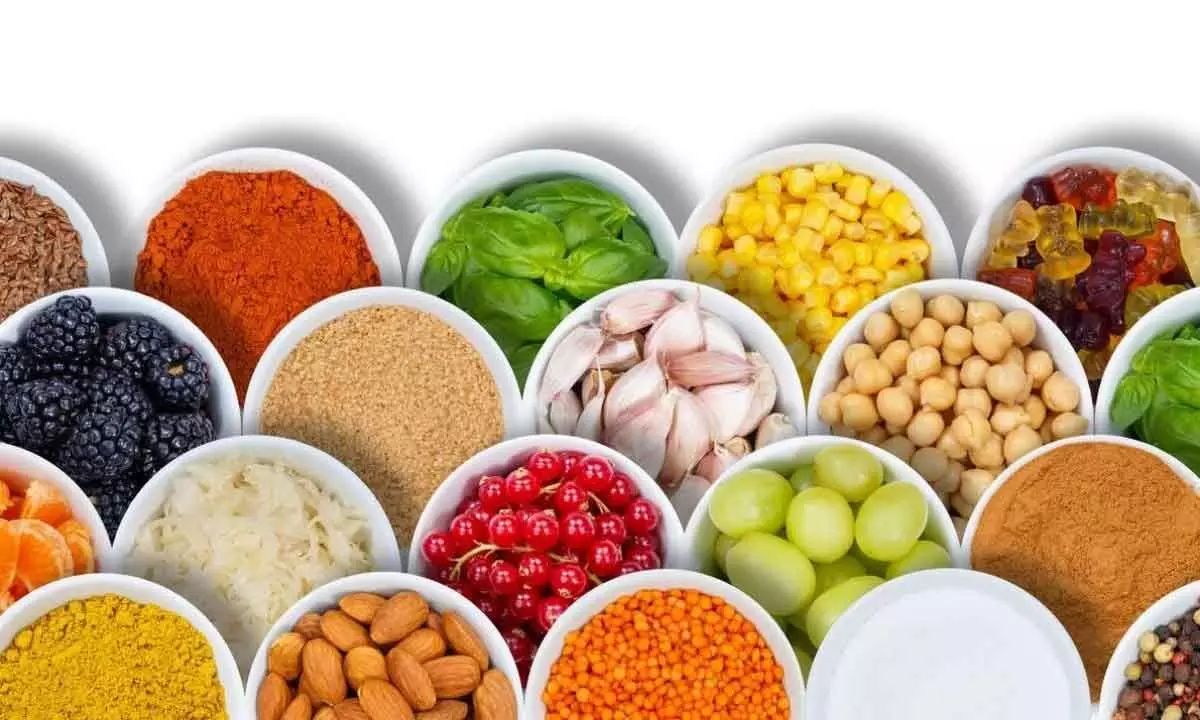India needs to ‘Grow Safe Food’, curb adulteration

After India witnessed in 2023 the lowest rainfall in five years, as the El Nino weather pattern made August the driest in more than a century. Agricultural production has been hit in the country. For a few years, India has been experiencing cereal shortages, fuelling a persistent surge in food inflation, despite the government placing curbs on some exports.
As if that is not enough, there has been rampant adulteration of food items, especially spices. The situation has been so concerning that a parliamentary panel has mooted that at least six year jail be awarded for food adulteration. At present, under the Indian Penal Code (IPC) Section 272 in the Bharatiya Nyaya Sanhita, the offence of “sale of noxious food and drinks” is punishable with a term extending to six months, or with a fine extending to Rs 1,000, or with both. The punishment is considered quite inadequate given the serious health issues such as food poisoning, cancer, nutritional deficiencies, increased disease risk, allergic reactions, respiratory issues, toxicity, infertility, brain damage, even paralysis.
Another disconcerting news for the Indians is increasing presence of residues of pesticides and insecticides in the food items. Pesticide residues can be found in significant amounts in many foods, including fruits, vegetables, cereals, pulses, grains, wheat flour, oils, eggs, meat, fish, poultry, bovine milk, butter, and cheese. According to ncbi.nlm.nih.gov, 95.6% of fresh fruit and vegetable samples contain multiple pesticide residues, with the most common being organophosphates, carbamates, pyrethroids, dithiocarbamates, and neonicotinoids. Such residues, when consumed regularly, are found to cause serious health risks, including: food poisoning; neurological disorders, hormonal imbalances, reproductive issues, birth defects, genetic changes, skin conditions, miscarriage, Parkinson’s disease, Alzheimer’s disease, and cancer, too.
At a time when India is registering increasing food exports to Europe, the European Union (EU) has flagged over 400 export quality products from India for being highly contaminated. As many as 14 of the products are known to damage various organs and use dangerous elements like mercury and cadmium in fish among other products, while, 21 products including octopus and squid had cadmium, which is a toxic heavy metal, and poses serious health risks when ingested or inhaled.
Already, the Gulf countries are wary of pesticide residues in our rice exports and cut back on them. Hong Kong food regulator banned certain spice mix of two leading Indian brands MDH and Everest over presence of pesticide Ethylene Oxide in their samples.
India, which has just signed a free trade agreement (FTA) with the European Free Trade Association (EFTA), an important bloc in Europe, the other two being the EU and UK. The EFTA is made up of Iceland, Liechtenstein, Norway, and Switzerland. It has potential to bring in about $100 billion investments and create 1 million direct jobs over the next 15 years.
The report on quality of Indian food exports should not be brushed aside. The authorities must wake up and address this disturbing phenomenon. For their part, the countrymen, too, who have been silently consuming adulterated food items and those with residues must mount pressure on governments to remedy the situation at once. The Food Safety and Standards (FSS) Act must not only be strengthened but must be implemented in letter and spirit. Staff shortage is a major lacuna. Merely asserting that India has one of the most stringent norms for pesticides residues in food items cuts no ice with food inspection regulators abroad. Integrated Pest Management is obviously found wanting. “Grow Safe food” Campaign must be ramped up across the country.














